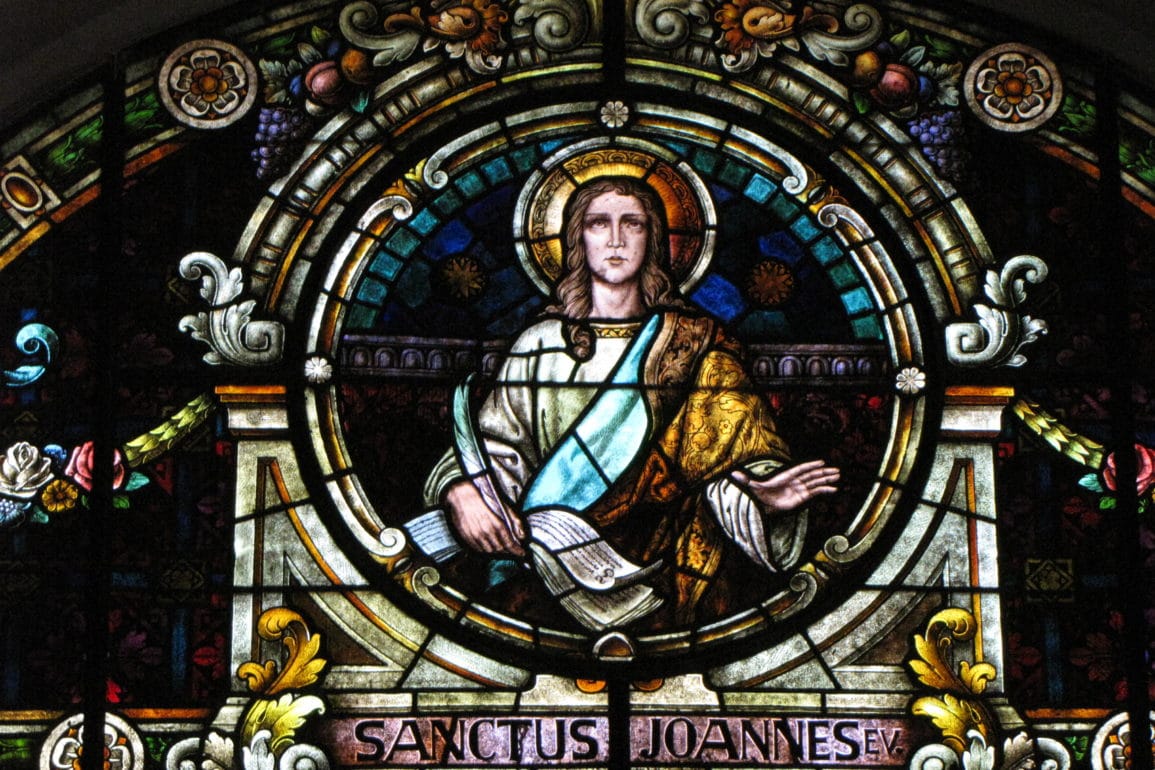‘I’m a Catholic, But …’ When Catholic Politicians Oppose Church Teaching on Human Life is republished from Real Clear Religion. Robert F. Vasa is the Bishop of the Diocese of Santa Rosa.
***
My brother archbishop to the south, Archbishop Cordileone, recently wrote a powerful piece that is representative of the views of a large number of the American episcopate and worthy of reflection by the lay faithful. Therein the Archbishop cited the example of Archbishop Joseph Rummel of New Orleans, who taught Catholic doctrine and held public leaders accountable. In that case, Archbishop Rummel worked tirelessly to end segregation and other forms of racism within his archdiocese. In doing so, Archbishop Rummel even went so far as to excommunicate three prominent Catholics who were vocal opponents of desegregation and scandalously leading other Catholics astray.
Today, too many Catholic politicians engage in a kind of doublespeak about the most pressing issue of our time: abortion. Self-described “devout Catholic” and Speaker Nancy Pelosi, after noting how grateful she is to have been blessed with the gift of five children, stated, “It’s not up to me to dictate that that’s what other people should do.” On its face, this is precisely what the House of Representatives, which she leads, does. Every law passed through her chamber dictates what people should do.
If there is anything that a politician should be, it is a person of integrity. Such a person has uncompromising moral values and an honesty and forthrightness about those beliefs, which allows him or her to use “and” a lot more than “but.” It is so refreshing to hear, however rare it may be, “I am a Catholic, and I believe what the Catholic Church teaches, and I will vote accordingly.” How different this is from the common disingenuous position: “I am a Catholic, but the Church’s teachings will not impact my political actions.”
Since some Catholics seem to take offense at the suggestion to vote for persons who support basic Catholic values — such as the inviolability of human life — perhaps we could simply encourage Catholics to vote for men and women of integrity. After all, a man or woman of integrity will stand up for what he or she believes and not hide behind the crowd mentality. Isn’t that a definition of a leader? When was the last time a politician out on the stump boasted that he would not follow his principles or that she would follow the whim of a particular interest group? Yet this is precisely the boast of our so-called Catholic, pro-choice politicians, including the President and the Speaker of the House.
The other tired old saw which comes out season after season is that Catholic politicians’ stances on welfare, the environment, capital punishment, and racism are also a part of the “seamless garment” of life issues and therefore are worthy of the Catholic vote. These are certainly important issues that deserve public attention and action, but that seamless garment is awfully thin if its fabric lacks a respect for human life at its origins. None of the other programs or policies are needed if there is not a human person to receive them. The fabric of the seamless garment must be woven out of the fibers of a fundamental and committed respect for human life beginning in the womb, and without that, the fabric is threadbare at best. The other related issues add color, emphasis, and design to the garment, but none of that can exist without the fabric of respect for human life in the womb.
Leaders in our Church, including myself, need to do some serious soul-searching about the human rights issue of our time. We can’t ignore the heartbreaking reality of the abortion holocaust, and we do not want to weaponize the Eucharist, and we must yet remember that we are charged with care of souls. May we discern in a spirit of love and truth how best to do all three. Archbishop Rummel understood the need to stand up for the humanity of all people and to call to conversion Catholics who had placed themselves in opposition to the Church. May we discern carefully and faithfully how to witness to the truth in our own time.










